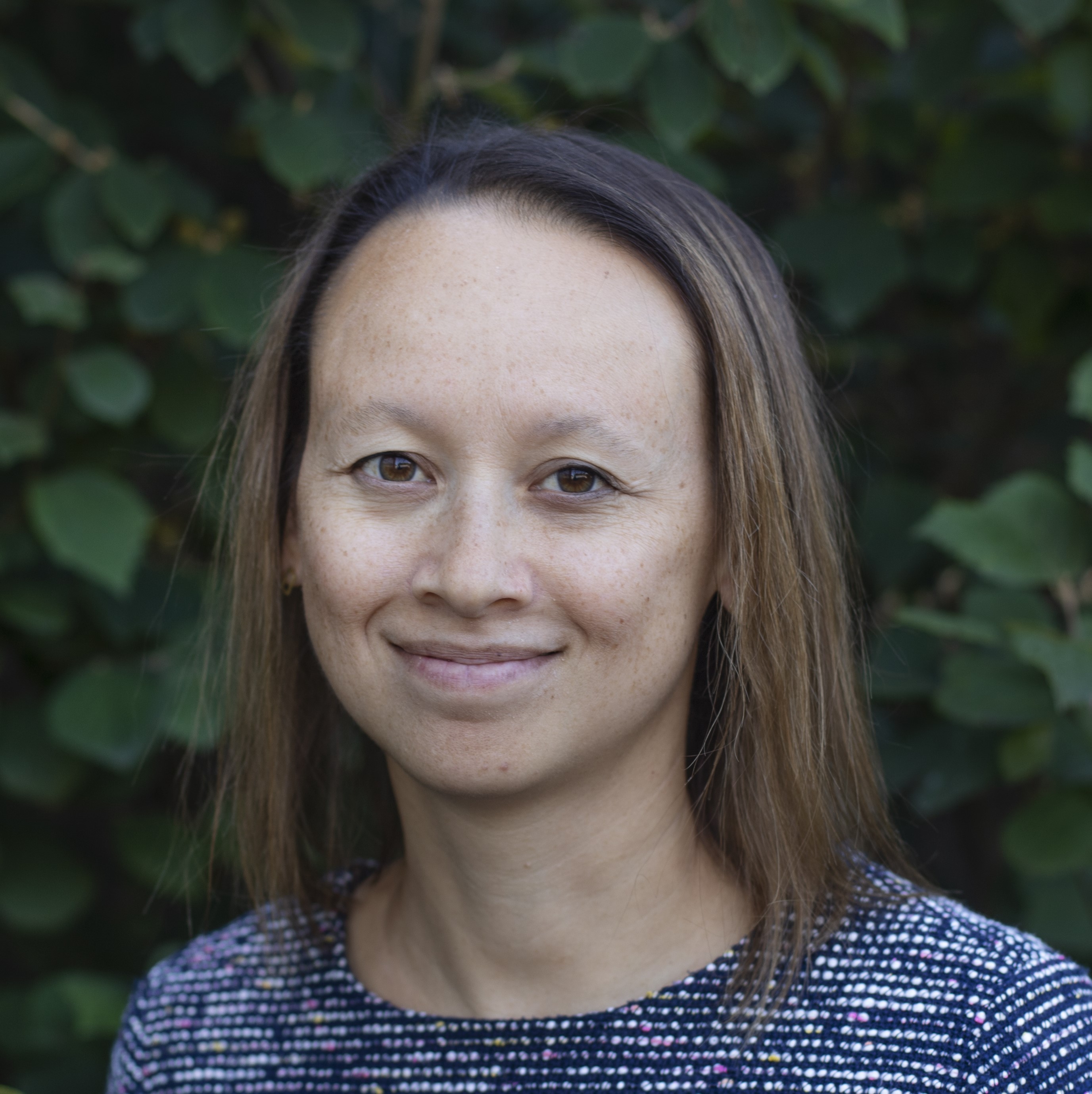Sustainability at UVA: A Decade of Progress
 Andrea Ruedy Trimble is Director of the Office for Sustainability at the University of Virginia. She is co-chair of the Ivy+ Sustainability Consortium and a member of the DOE Better Buildings Alliance Higher Education Sector Group Steering Committee. Andrea has been a leader in sustainability in higher education for over 18 years.
Andrea Ruedy Trimble is Director of the Office for Sustainability at the University of Virginia. She is co-chair of the Ivy+ Sustainability Consortium and a member of the DOE Better Buildings Alliance Higher Education Sector Group Steering Committee. Andrea has been a leader in sustainability in higher education for over 18 years.
The UVA Office for Sustainability recently celebrated its tenth anniversary, which has been an opportunity to reflect on a decade of progress both on Grounds and in the broader field of sustainability in higher education.
When I began my career in campus sustainability at Harvard in 2006, the idea of a college or university prioritizing reducing its environmental footprint was relatively new. Sustainability offices at colleges and universities were just beginning to be formed. In the mid-2000s, sustainable building processes that are common today, such as energy modeling and setting energy targets lower than code, were not yet widespread goals at universities. At present, sustainability offices are prevalent across the United States and are making incredible progress in highly collaborative ways. It has been amazing to see how much the field of sustainability in higher education has shifted in a relatively short period of time, with dedicated sustainability staff, sustainability plans, ambitious goals, and significant institutional support.
Upon arriving at the University of Virginia in 2013, there was already so much work done over many years by many people - especially students - dedicated to making the university more sustainable. Robust recycling and energy programs were in place, student groups were engaged and active, and many initiatives across other impact areas – food, nitrogen, water, and more, were being implemented. Building upon this existing strong foundation, the Office for Sustainability was formed, with staff members and student employees holding a wide range of subject matter expertise across topic areas and approaches – outreach and engagement, communications, engineering, and strategic planning. The Office for Sustainability currently oversees a Building Efficiency Program – including the Sustainable Labs and Sustainable Clinics programs - and supports the implementation of UVA’s Green Building Standards. The office also leads outreach and engagement programs, supporting leadership opportunities for students, staff, and faculty.
The Office for Sustainability worked with many people throughout the University to develop UVA’s first (2016-2020) and second (2020-2030) strategic sustainability plans. Both plans have used an Engage, Steward, Discover framework to leverage higher education's unique role in sustainability. This approach seeks to engage people across Grounds to raise awareness and inspire action; to reduce the university’s environmental impact and be excellent stewards of our resources; to incorporate sustainability into curriculum, and foster sustainability-focused research. The first plan was about ramping up our efforts across many different areas. The second plan is about increasing our impact – adding goals for accountability and carbon neutrality by 2030 and shifting to be fossil fuel-free by 2050.
UVA’s approach to carbon emissions reductions prioritizes building energy efficiency and district utility optimization as the most direct and cost-effective approaches. This includes implementing energy supply recommendations identified in UVA’s strategic thermal energy study. Renewable energy is another important approach and includes both on-Grounds photovoltaics and utility-scale solar.
It’s critical and exciting to work with others on solutions to scale and accelerate impact, so seeing the City of Charlottesville and Albemarle County set carbon neutrality goals and being able to work with their sustainability staff through Climate Action Together and Resilient Together has been meaningful over the years, and for similar reasons, being part of networks such as the Ivy Plus Sustainability Collaborative and Virginia Association for Sustainability in Higher Education, to work with other university sustainability offices across the country.
At UVA, the 2050 fossil fuel-free goal will require significant and fundamental shifts in how we approach our energy supply, and even our 2030 waste goal requires shifts in mindsets on purchasing and disposal – to minimize the generation of waste and to be thoughtful about how we dispose of waste. Students, staff, and faculty are engaged and looking for collaborative, interdisciplinary solutions on and off Grounds. We are seeing more and more students graduate from UVA and pursue careers in sustainability across sectors and the world, with some even working in university sustainability offices. We are facing pressing challenges, but UVA is committed and ready to continue to be a collaborative leader in developing solutions.
For more information, check out the UVA Sustainability website: https://sustainability.virginia.edu/
====
Footnote: This year, the Lifetime Learning's More Than the Score Pre-Football Lecture Series includes Andrea’s colleague, Ethan Heil, Energy & Sustainability Engineer, UVA Sustainability, discussing how UVA is preparing for an electric future in transportation. Learn more here.
- Guastavino Tile at the University of Virginia
- Abraham Lincoln on Character, Leadership and Education
- Silence is Golden: Celebrating the History of Silent Films
- UVA Club of Atlanta: Women's ACC Basketball Tournament - UVA Fan Events
- UVA Northern Virginia Programs Fair
- UVA Club of Los Angeles: Influential Communication